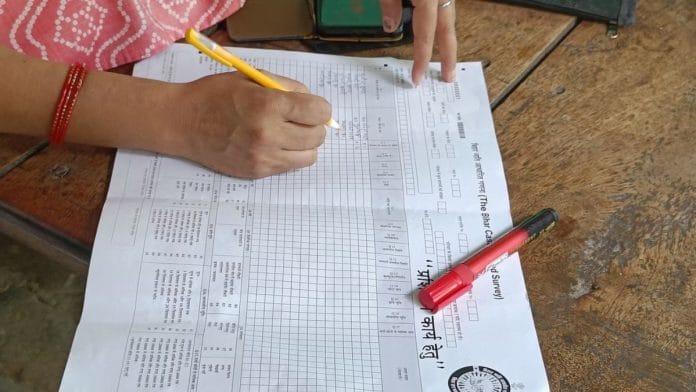India’s next population census was scheduled for 2020, with the data expected in 2021. However, it couldn’t be conducted due to the Covid crisis. Meanwhile, opposition parties demanded that the central government include caste data in the upcoming census. It appeared that after the 2024 Lok Sabha elections, the Narendra Modi government could initiate the census process at any time. Now, about a year after the general elections, the Centre has announced that the next population survey will include a caste census.
The last time caste-based data was included in the census was in 1931. A decade later, while data was collected on caste for the next census, it couldn’t be published due to World War II. When the 1951 census was conducted, Prime Minister Jawaharlal Nehru’s government ended the collection of caste-based data, although columns for religion, Scheduled Castes (SCs), and Scheduled Tribes (STs) remained.
Now, for the first time in nearly 94 years, the idea of including caste-based data in the census has resurfaced.
Also read: Caste census will lead to the decline of Indian economy
The consequences
When Bihar Chief Minister Nitish Kumar was part of the INDIA bloc, he conducted a caste survey in his state, with the report released in 2023. He was a vocal proponent of caste-based enumeration and made significant contributions to social justice politics. Later, he joined hands with the BJP. After him, Rahul Gandhi continued to raise the issue of caste census, but his calls did not gain much traction, largely because, barring a few instances, the Congress party has not consistently supported the cause of social justice. After Nitish Kumar departed from the Opposition alliance, Karnataka CM Siddaramaiah tabled the state’s caste census report in the Assembly, while the Telangana government also conducted a caste survey. But both efforts faced resistance within the Congress for various reasons. It’s worth noting that the subject of Census is listed at number 69 in the Union List of the Seventh Schedule.
Interestingly, the Rashtriya Swayamsevak Sangh (RSS) also supported the caste census, describing it as a sensitive issue. It advised against politicising the data and emphasised its use for empowering society.
Now that the caste census is set to take place, we must understand its potential consequences.
In a democracy where electoral power depends on numbers, many political parties may use the caste data to demand increased reservations and thereby expand their electoral base. The slogan of Kanshi Ram, “Jiski jitni sankhya bhari, uski utni hissedari (greater the numbers, greater the share)”, will echo in the streets.
On the other hand, the data will help accurately assess the conditions of marginalised communities. The central government can use this information to improve existing welfare schemes and introduce new ones. Although over the past few years, the Centre has implemented several innovative schemes for the backward classes, SCs, and STs.
The data will also assist in implementing the recommendations of the Rohini Commission, which advocated for sub-categorisation of other backward classes (OBC) to ensure that reservation benefits reach the most disadvantaged and marginalised within the backward classes. Currently, in every category, one or two dominant castes tend to receive the majority of the benefits of reservations. This data will also reveal the status of disadvantaged groups within Muslims and Christians, sparking a new debate.
Any social justice measures implemented using this data that don’t compromise national unity and the social fabric of the country should be welcomed. It remains to be seen, however, in which direction the debate on social justice moves in the wake of this caste census.
Swadesh Singh is a Distinguished Fellow at India Foundation, New Delhi and teaches Political Science at Delhi University, Delhi. Views are personal.
(Edited by Aamaan Alam Khan)






